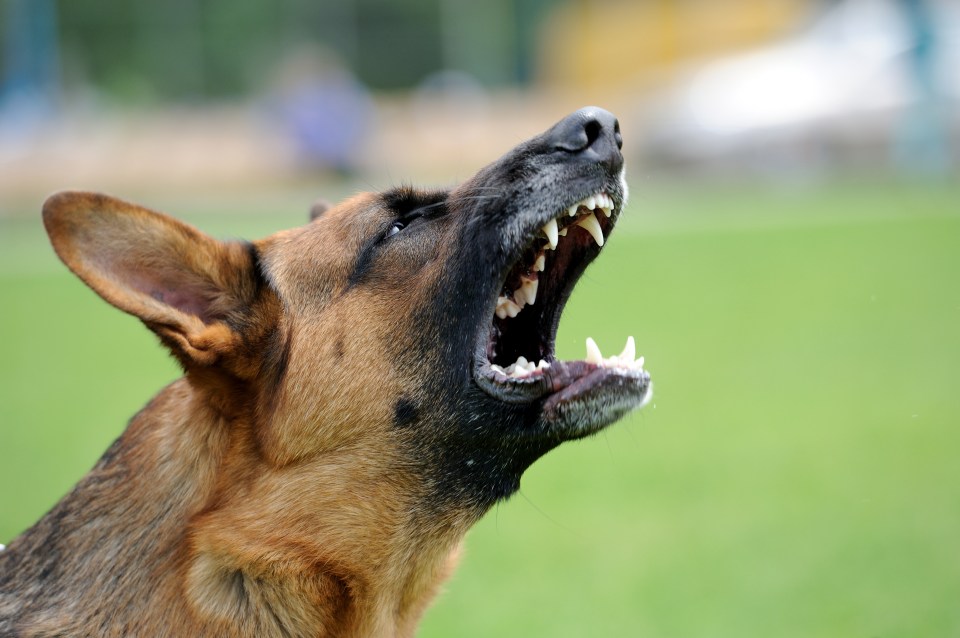Why Your Dog’s Mood Might Be Sleep-Deprived: Unraveling the Secrets to Canine Happiness
Did you know that your dog’s mood is intricately linked to how much beauty sleep they’re getting? Yes, a recent study suggests that sleep-deprived dogs can be significantly less friendly! And with more than **5.6 million dogs** in the UK sleeping just **12 hours or less** a day, this could be a pressing issue for pet owners. Let’s dive into the way sleep impacts your pup’s friendliness and overall behavior.
The Link Between Sleep Deprivation and Aggressive Behaviors in Dogs
So, what happens when our furry friends don’t get enough Z’s? Research indicates that dogs who sleep for fewer than **ten hours per night** are more likely to show aggressive behaviors. We’re talking about behaviors like **growling, snapping, or even biting** – not an ideal situation for your cuddly companion! Interestingly, dogs that manage to catch **13 hours or more** of sleep exhibit much calmer behaviors. This means there’s a direct correlation between the quantity of sleep and a dog’s response to stress.
How Much Sleep Do Dogs Really Need?
According to Lynne James, a veterinarian from PDSA, the optimal amount of sleep a dog requires can be surprising. Dogs ideally need **13 to 16 hours** of sleep daily. To put that in perspective, that’s more than **half the day snoozing** away! Yet, the findings reveal a harsh reality: a staggering **5.6 million** dogs are resting for **12 hours or even less**.
Have you ever heard the phrase, “waking up on the wrong side of the bed”? Well, it applies to our canine pals too! The effects of **sleep deprivation** extend beyond humans; our pets feel the impact just the same.
The Home Environment’s Impact on Your Dog’s Sleep
Believe it or not, where your dog sleeps has a substantial impact on their sleep quality. The study highlights that pets living in households with **three or more people** are notably more likely to get less than **ten hours of rest**. In families with children, around **25%** of dogs only clock in **eight to ten hours** of sleep, while nearly **10%** struggle for less than **eight hours**. In contrast, pups residing in smaller homes typically enjoy more than **13 hours** of peaceful slumber.
Improving Your Dog’s Sleep for a Happier Pup
So how can you ensure your furry friend gets the quality sleep they need to stay cheerful? Here are a few tips:
- Create a Cozy Sleeping Space: Make a comfortable bed or area for your dog where they feel safe and at ease.
- Limit Noise: Reduce distractions like loud music or TV sounds, especially during their nap times.
- Stick to a Routine: Dogs thrive on routine. Consistency helps them feel secure and ready for sleep.
- Ensure Physical and Mental Exercise: Engage in daily walks and playtime. A tired dog is a happy (and sleepy) dog!
Investing time in your dog’s sleeping habits could lead to improved behavior and wellness. After all, it’s simple: a well-rested dog is a happy dog!
So, are you ready to make some adjustments in your dog’s daily routine? Let’s give those playful pups the sleep they deserve, and in turn, deepen the bond you share with them!


